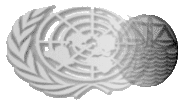|
Tuesday, 14 June
|
|
Plenary
|
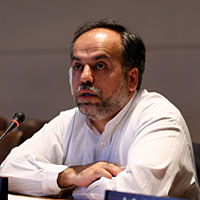
Mostafa Dolatyar of Iran supported calls for the assessment to include
socio-economic aspects, in order to be policy relevant.
|
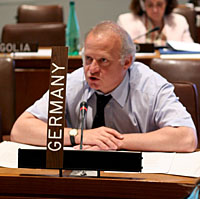
Stefan Keil of Germany drew attention to the fact that taking into account
socio-economic aspects is within the mandate of the GMA, as reflected in the
language of the Johannesburg Plan of Implementation.
|
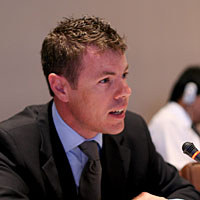
Declan Smyth of Ireland noted that human coastal activities, such as
population growth, zoning laws, and tourism, impact the marine environment
and should also be assessed.
|
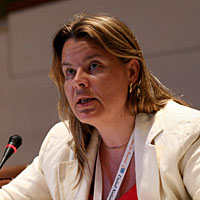
Mari Skâre of Norway suggested narrowing down the inclusion of
socio-economic aspects to include the impacts of land-based pollution,
but opposed recommendations on relevant land-based human activities.
|
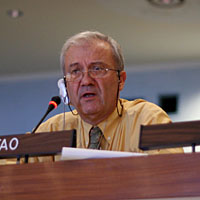
Serge Garcia of FAO suggested that UN agencies propose a list of experts
to be approved by the steering committee, and clarified that scientists
would not elaborate policy options.
|
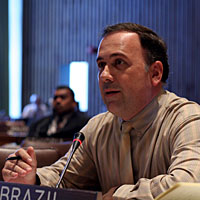
Marcos de Almeida of Brazil suggested that the Assessment of Assessments
should be "relevant" rather than "policy relevant."
|
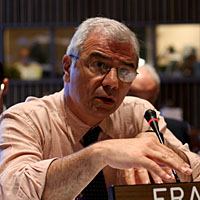
Elie Jarmache of France suggested that the expert group include both
representatives chosen by member States and by UN agencies.
|

Michael Huber of GESAMP acknowledged that the failure of scientists to
communicate scientific data to policy makers is an obstacle to good
governance.
|
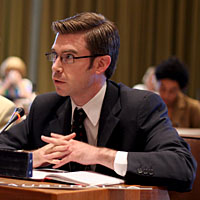
Ben Playle of Australia deemed it unnecessary for national authorities to
endorse NGOs' work to legitimize it, stressing quality of data, rather
than source, is key.
|
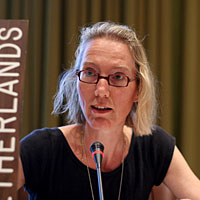
Hermien Busschbach of the Netherlands pointed out that scientific
information on the high seas is gathered by NGOs, and highlighted the
need to use all available data.
|
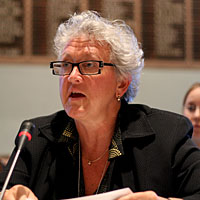
Lori Ridgeway of Canada highlighted that Australia's clarification of
"under the purview" would help avoid GMA looking like a closed process,
and encouraged relying on the professional views of experts for decisions
on data.
|
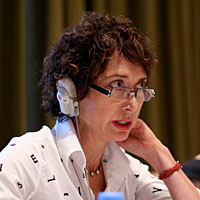
Jane Willing of New Zealand supported calls for ensuring adequate
participation by developing countries, and input from regional
organizations.
|
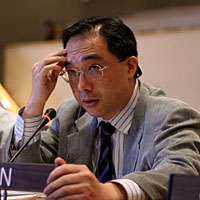
Yoshiaki Ito of Japan supported IMO's involvement in the process,
highlighting its expertise in issues of pollution and dumping from
shipping activities.
|
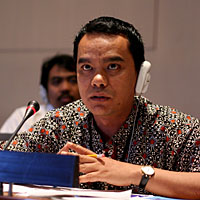
Tri Tharyat of Indonesia proposed inclusion of Multilateral Environmental
Agreements in the steering committee.
|
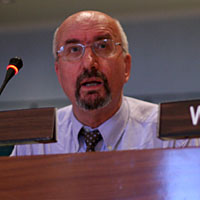
Jean-Claude Sainlos of IMO said it would make relevant information
available to the process, but stressed lack of human and financial
resources as a basis for not being lead agency.
|
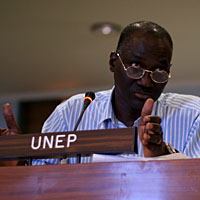
E. Salif Diop of UNEP stressed the importance of basing the assessment
on what programmes already exist, highlighting the GPA as one of these, in
order to complete the work in the prescribed amount of time.
|
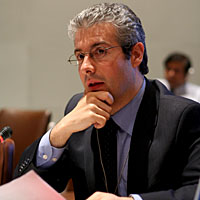
Alfonso Ascencio Herrera of Mexico noted that the Assessment of Assessments
includes both natural sciences and social sciences.
|
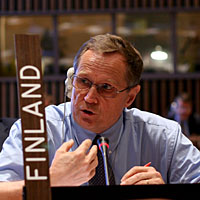
Tapani Kohonen of Finland highlighted country assessment experiences,
noting the important role of regional organizations and commissions in
the process.
|
|
Around the GMA
|
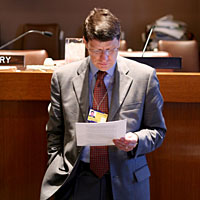
Chair Roberts read a copy of the Draft conclusions.
|
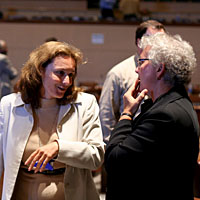
Constance Arvis of the United States conferred with Lori Ridgeway of Canada.
|

DOALOS director Vladimir Golitsyn answered a question from Huh Jung Ae
of the Republic of Korea.
|

